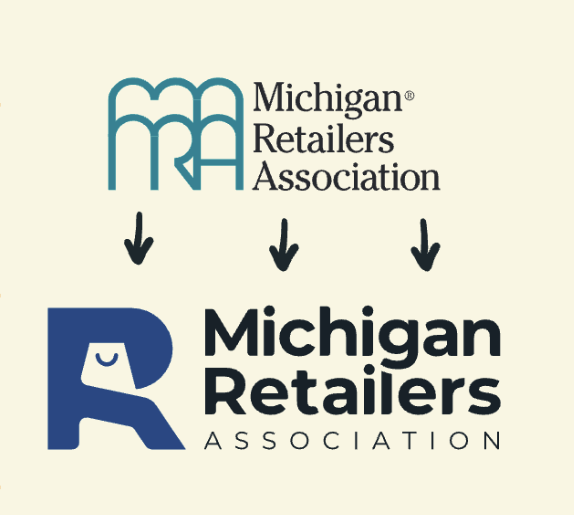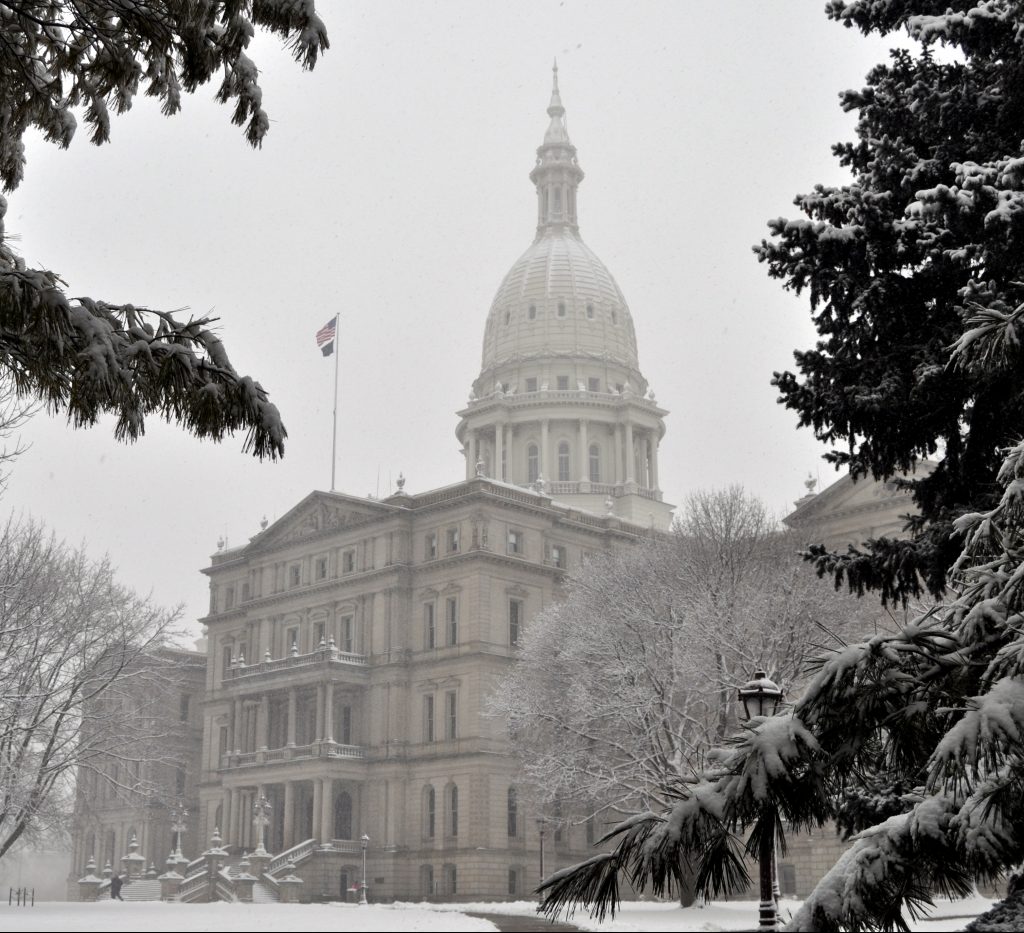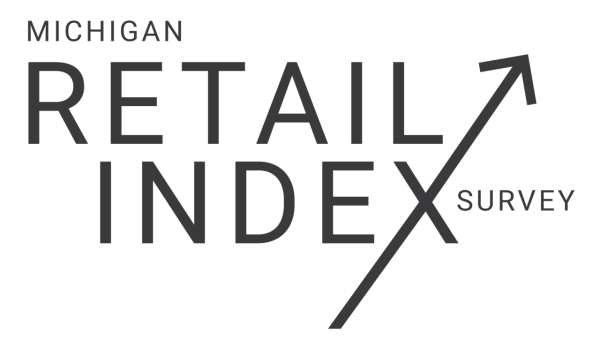Senate Committee approves biosimilars bill without notification
The 10-person Senate Health Policy Committee on Tuesday unanimously approved the S-1 substitute of HB 4812, which allows for the substitution of interchangeable biosimilar drugs without requiring the pharmacist to notify the prescriber. Gaining approval of the amendment was a major win for retail pharmacies with concerns that notification requirements could impact the market availability of lower-cost interchangeable medicine. The bill now heads to the Senate floor. We expect groups that want notification will continue to push for changes to the bill. MRA will continue to engage with the coalition supporting the S-1 substitute, but will also work to ensure that if the Senate or House considers any changes it only considers the national coalition “compromise” language.
Recycling measurement bill receives hearing
Legislation designed to collect information on recycling already happening in Michigan, as a step toward determining a statewide comprehensive recycling plan, received a hearing in the House Natural Resources Committee on February 9. The bill, SB 507, requires recyclers to report recycling activities and quantities of recycled material. It does not require retailers to report.
Groups in support of the bill testified that Michigan lags behind the national recycling average of 34%. Michigan’s average is currently 15%, one of the lowest recycling rates in the nation and the lowest in the Great Lakes region. Committee members were skeptical that requiring collection data would help increase Michigan’s recycling rate, but those impacted by the legislation are supportive, including local government groups, environmental groups, recyclers and waste management.
Medication synchronization bill receives vote
The House Insurance Committee reported legislation on Thursday that would remove some of the barriers to expand synchronization of medication. The bill, SB 150, ensures that insurers provide a prorated daily rate for medications during the synchronization period to keep costs low for patients. Retailers would still receive the full dispensing fee, since each dispensing event incurs the same costs regardless of the amount of medication dispensed. MRA submitted written testimony in support of SB 150 when the bill was first discussed by the committee on February 11. Previous opponents of the bill changed their position to support the bill, which helped bring the bill up for a vote by the committee.
Bills to prevent Opioid overdoses introduced
Several bills were introduced over the last two weeks related to the prescription, dispensing and use of Opioid antagonists used to prevent overdoses. HB 5326 and SB 778 would allow the chief medical executive to issue a standing order to dispense an Opioid antagonist to any individual. The bills would allow a pharmacy to dispense Naloxone, a medication used to reverse the side effects of an Opioid overdose, in a similar fashion as decongestants containing pseudoephedrine. Under Michigan law, in order to purchase these medications, customers must show proper identification and have their names entered into a Michigan State Police database. The bills were introduced as a result of the recommendations released by the Governor’s Prescription Drug and Opioid Abuse Task Force.
Also introduced last week was SB 805–806 and HB 5378–5379, which would allow prescribers to prescribe and pharmacists to dispense Opioid antagonists to school boards and identify training and procedures for using Opioid antagonists in public schools. HB 5390 would require certain law enforcement officers and firefighters to carry, and be trained in using, Opioid antagonists. All of the bills were referred to the House or Senate Health Policy Committee.
Other important items to note:
GROCERY/CONVENIENCE
- Vending machines: SB 774 eliminates inspections of vending machine locations. The bill was introduced on February 9 and referred to the Senate Agriculture Committee.
LABOR
- OSHA requirements for unpaid workers: Legislation introduced on February 9 as HB 5328 and SB 768 clarifies that the Michigan Occupational Health and Safety Act also applies to unpaid workers. The bills were referred to the respective House and Senate Commerce Committee.
PHARMACY
- Controlled substances: SB 769, introduced on February 9, would require physicians to run a MAPS report on all new patients before prescribing controlled substances (schedule II-V). The bills also increase penalties for physicians and pharmacists who wrongfully prescribe, dispense, manufacture or distribute controlled substances, and they provide for sentencing guidelines and education requirements for those not meeting the new requirements. The bills were referred to the Senate Health Policy Committee.
REGULATIONS
- Franchise: HB 5070–5073 was approved by the Senate 26-11 on February 11. The bills were enrolled and presented to the governor on Wednesday.
TAXES
- Cigar tax cap: The House Appropriations Committee approved SB 476 on Wednesday. The committee amended the bill to extend the 50-cent cap on individual cigars until 2021. The current cap would expire on October 1, 2016.
- Direct mail: HB 5132–5133, to require taxation of direct mail to comply with the national Streamlined Sales & Use Tax Agreement (SSUTA), was approved by the House 104-2 on Thursday.
- E-cigarette tax: SB 807, introduced on Wednesday, would add e-cigarettes or vaping devices to the definition of smokeless tobacco. Smokeless tobacco products are taxed at 32% of the wholesale price.
OTHER
- Auto parts: Despite strong concerns from the retail community, the House last week approved HB 4344 with an amendment limiting customer choice on which auto parts to use while the car is under the original manufacturer’s warranty. The bill was referred to the Senate Regulatory Reform Committee, and MRA will continue working hard to remove language limiting customer choice.
- Pet adoptions: Legislation requiring animal protection agencies and animal shelters to check a list of convicted animal abusers before performing a pet adoption was approved by the House 88-17 on February 9. The Senate Judiciary Committee reported the bills, HB 4353–4355, with a substitute on Tuesday. The substitute language still contains an exemption for pet stores.






